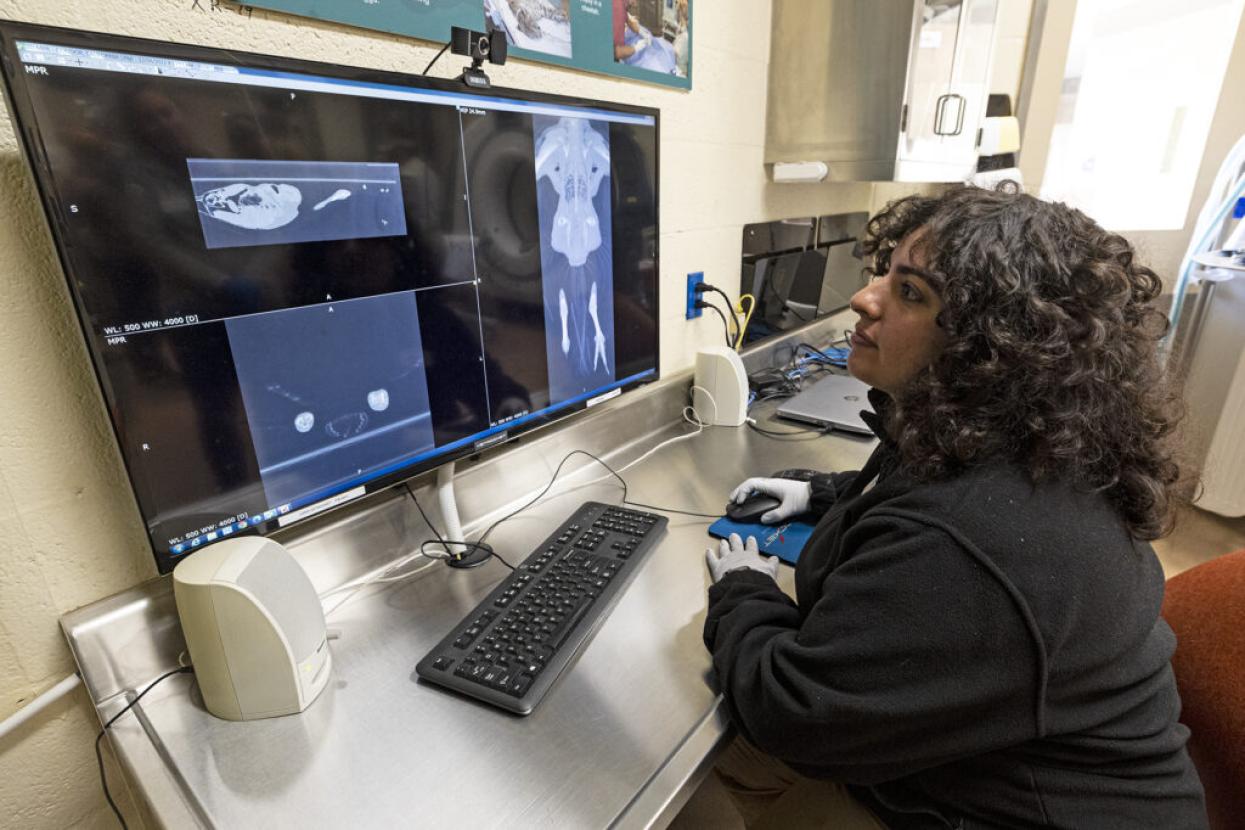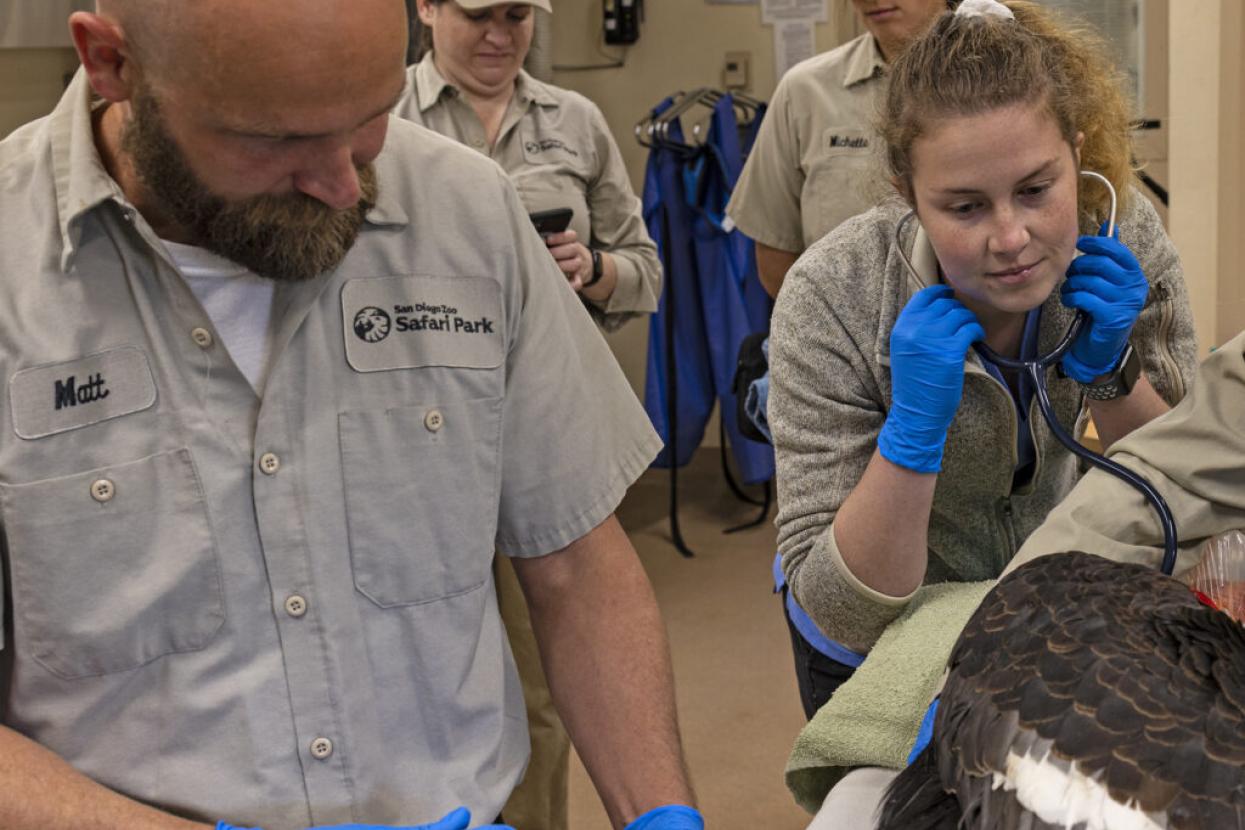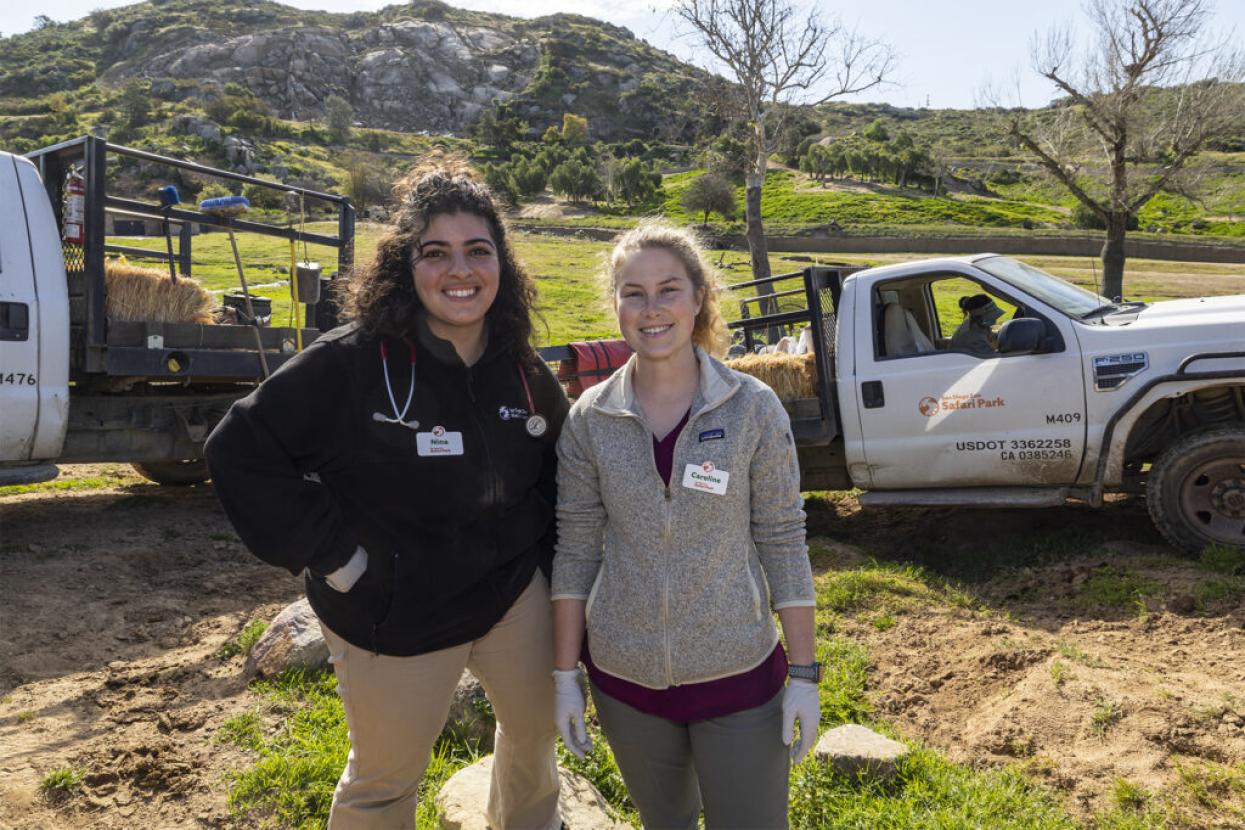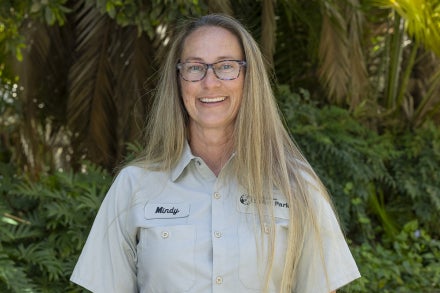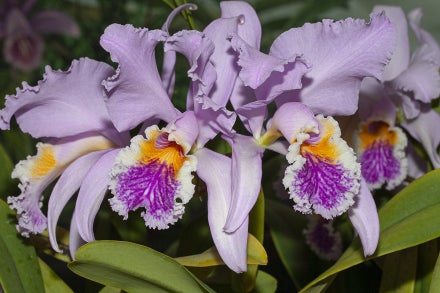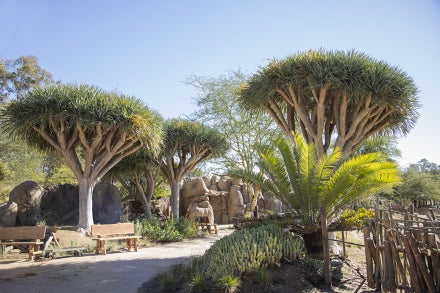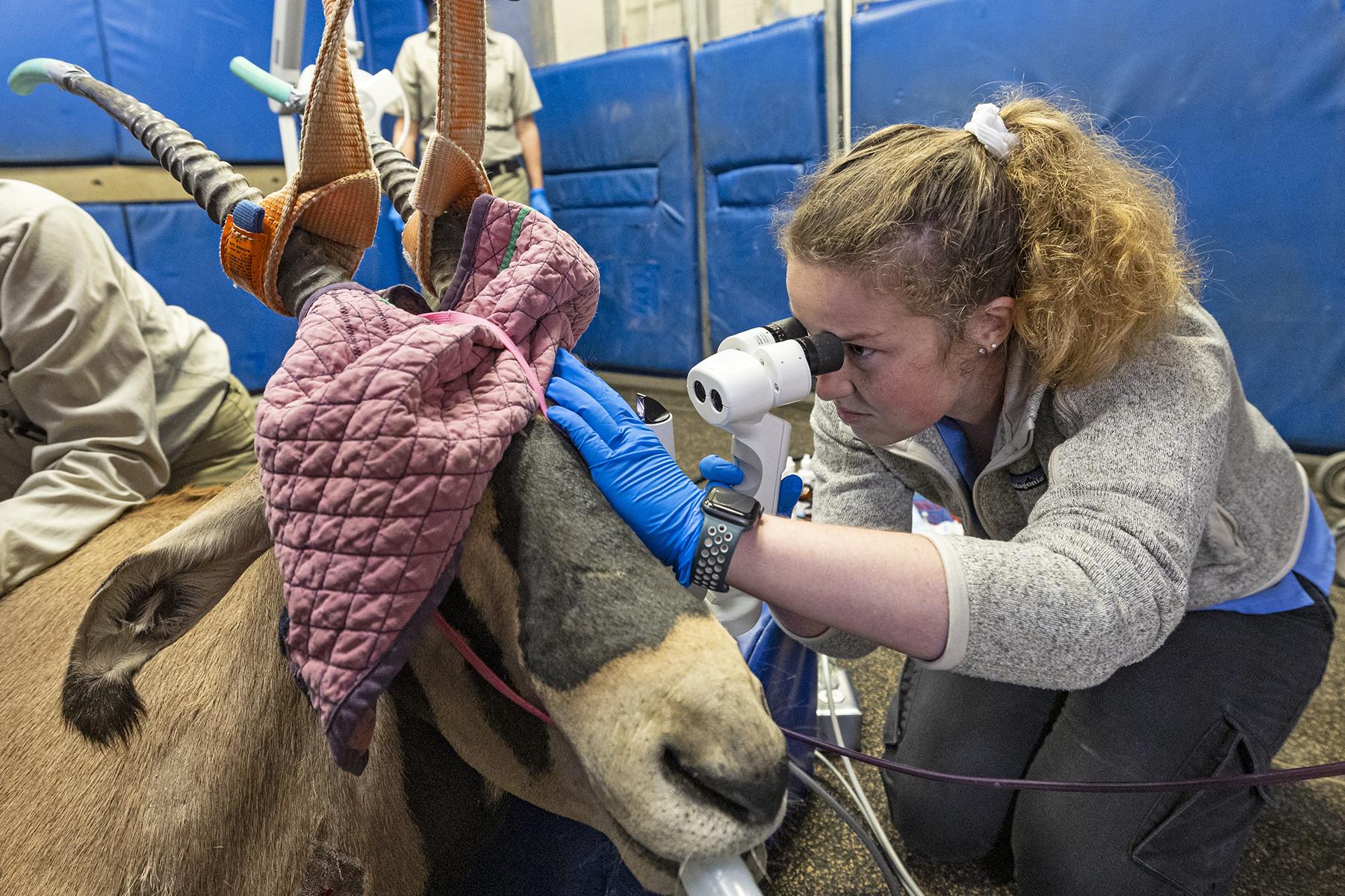
Supporting an Inclusive Approach to Veterinary Education
We’ve had a long and proud history of providing mentorship to visiting veterinarians and veterinary students. Additionally, the San Diego Zoo and San Diego Zoo Safari Park veterinary departments mentor residents in zoological medicine through a world-renowned collaboration with one of the top veterinary schools in the country, the University of California, Davis School of Veterinary Medicine. This intensive, three-year program prepares residents to become the next generation of leaders in zoological medicine and surgery. As such, our veterinary training programs are highly sought after and have a finite number of positions. Thus, selection of candidates for the programs is highly competitive.
Veterinary medicine has been identified as one of the least diverse professions in the United States, and the American College of Zoological Medicine has recently formed an ad hoc committee to evaluate diversity in zoological medicine and identify opportunities for improvement. An essential component of diversity, equity, and inclusion (DEI) initiatives is identification of barriers that may exclude individuals from a project or program. We recently recognized that while our training programs are some of the most respected and sought after, there are barriers to entry into these programs for many. A candidate’s inability to fund travel and lodging for six to eight weeks has the potential to exclude them from our programs.
In an effort to make our veterinary training programs accessible to all interested students—not only those with the financial means to travel and lodge in San Diego—we have been working closely with our Philanthropy department and with Quincey Penn, San Diego Zoo Wildlife Alliance’s director of diversity, equity, and inclusion, to secure funds to support individuals interested in training at the Zoo and Safari Park. In early 2023, we hosted our inaugural veterinary externs as part of this revised program, and have secured funding from the Institute of Museum and Library Services to host an additional 34 students over the next 3 years. We’ve expanded the support provided to students, and we sponsor their attendance at a national zoological medicine conference, where they can present research and network to further advance their careers. Our intent is to continue to identify funding sources to support veterinary training and DEI programs, and establish our organization as a model other institutions can look to, in order to reduce barriers to entry and advance DEI in zoological medicine.
There are many benefits to advancing programs that promote diversity, equity, and inclusion in zoological medicine in our organization. The most obvious is that it is the right thing to do. Financial challenges that preclude a student from taking part in a training program—despite their qualifications, interests, and potential contributions to zoological medicine—have the effect of creating an exclusive program, and pose a significant barrier to entry. Our current program has shifted the paradigm to be inclusive to all interested trainees, and not only to those who can afford this experience.
Our global conservation impact continues to expand, and by supporting inclusive training programs, we have the potential to recruit diverse individuals with the expertise to make a difference. The zoological medicine and conservation challenges that we seek to solve are enormous. To provide solutions, we need to build alliances and collaborate with individuals who bring diverse and novel perspectives to the challenges we face—now and in the future.


